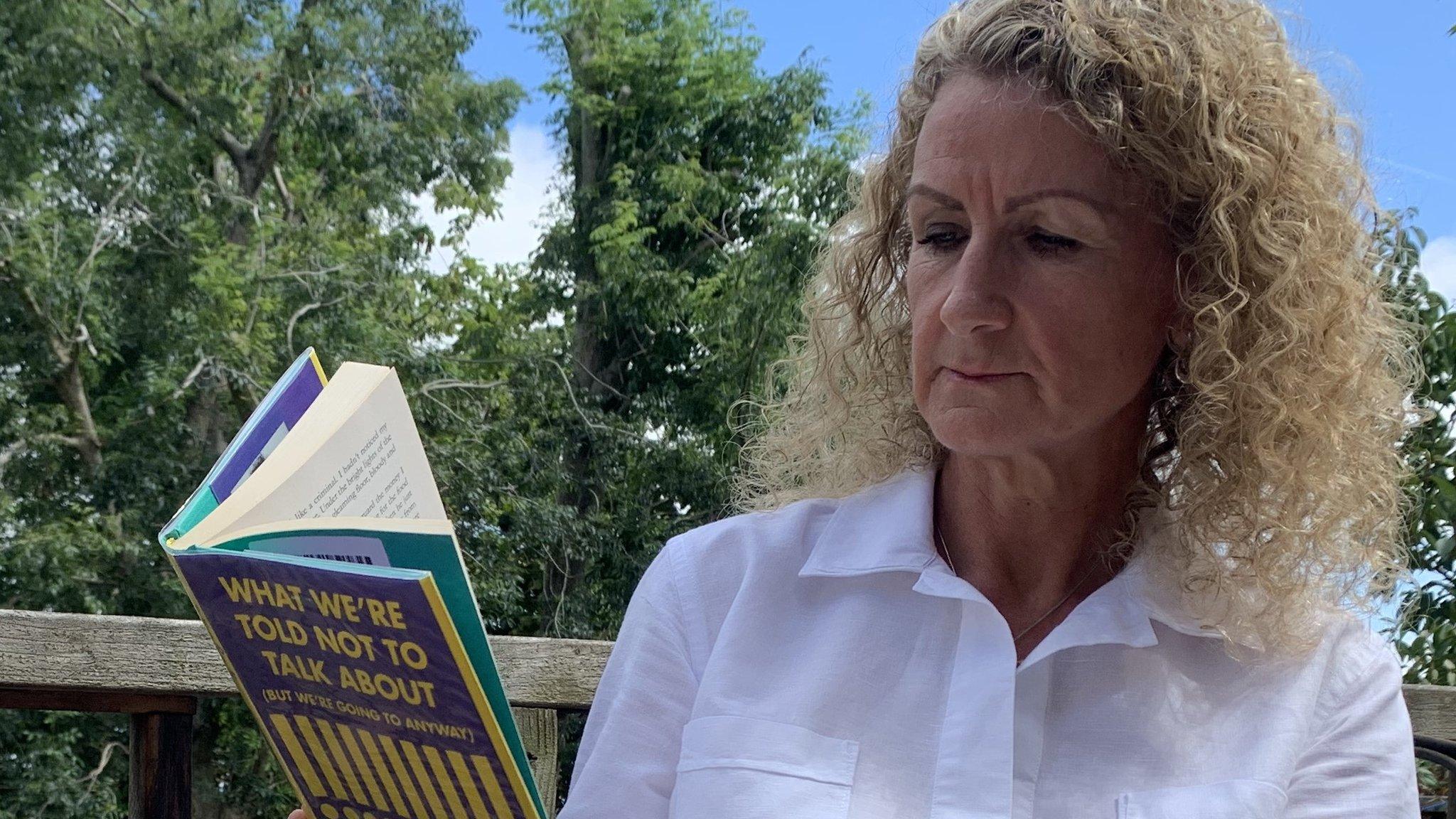Women's symptoms ignored by GPs - campaigners
- Published
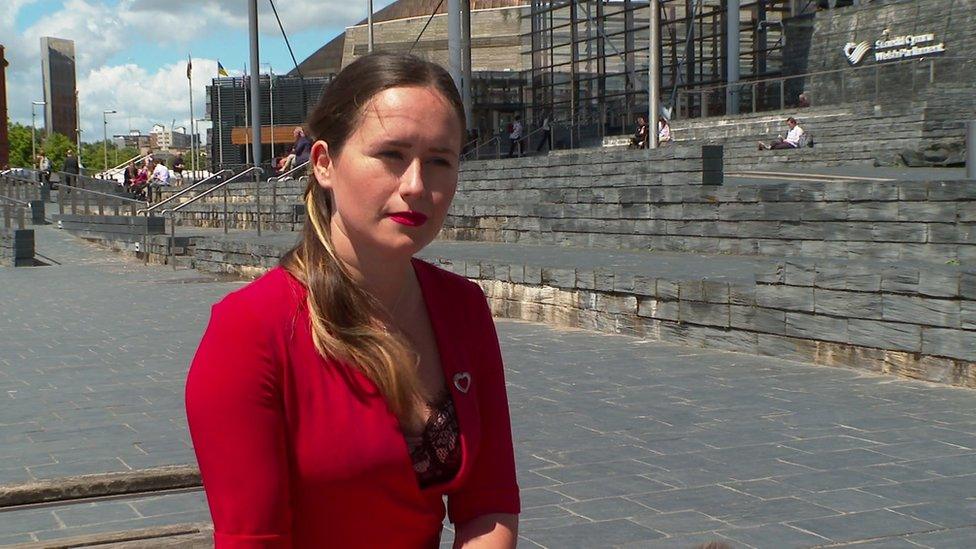
Gemma Roberts co-chairs a women's health coalition and said women experiencing heart attacks were told it was a panic attack
Too many women feel fobbed off or not listened to when they raise concerns about their health, according to a women's health campaign group.
The Women's Health Wales coalition says women are often misdiagnosed or have to push for a diagnosis.
The theme has emerged repeatedly during BBC Wales interviews with women.
The Welsh government said it had set out what's expected of the NHS on women's health, and a full plan is due to be published this autumn.
"From the moment I went to my GP about my symptoms in my late teens, I have always felt dismissed," said Jessica Ricketts, 35.
"I still have to fight for people to believe my symptoms are as bad as they are," said Kim Williams, 36.
Their situations are similar - both live in Barry, each is married with a young daughter and both women have been diagnosed with endometriosis.
It's a condition where tissue similar to the lining of the womb grows elsewhere inside the body - often around reproductive organs, bowel and bladder - and which causes bleeding.
But the feeling of being fobbed off has cropped up in countless conversations with women whether it be in relation to a heart attack, UTI, stroke, autism or even brain tumour.
"Patients have told us that clinicians thought they were having a panic attack rather than a heart attack," said Gemma Roberts, policy and public affairs manager at British Heart Foundation Cymru, and co-chair of the Women's Health Wales coalition.
"We hear from patients and from clinicians that women have to see their GPs multiple times before they get a diagnosis. Women often aren't listened to.
"They are told that pain is a normal part of the female experience but actually that isn't the case. I think we need to be listening to women more about what's going on with their own bodies."
The Welsh government's quality statement on women and girls' health acknowledges, "women's gendered reporting of lived experience and symptoms can be undervalued, overlooked or dismissed".
The coalition wants:
Greater focus on women's health from the very beginning of medical training
Health data to be broken down by protected characteristics because "the stories of women with those backgrounds goes untold"
Equitable access to healthcare, including specialist care, regardless of where women live in Wales
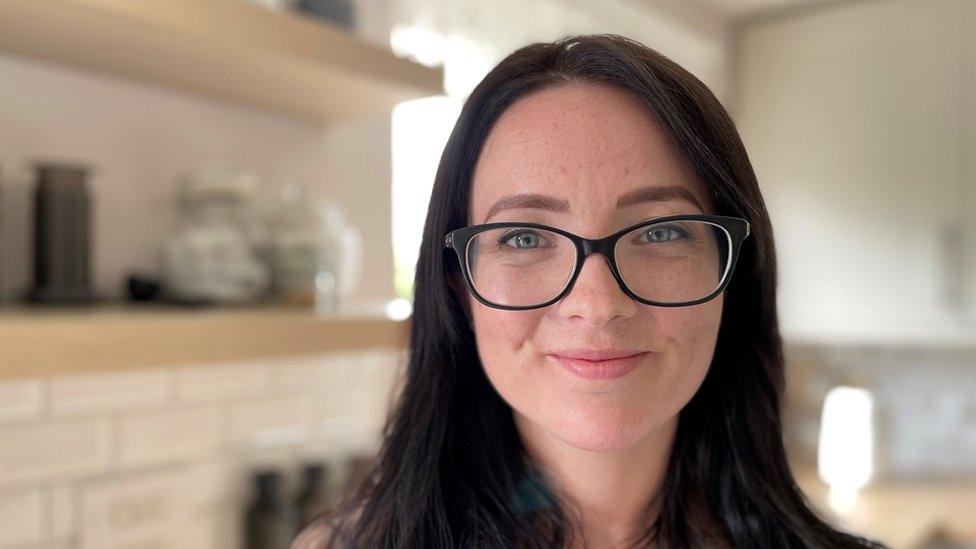
Kim Williams said she was told she was trying to create conditions to suit her symptoms, rather than have them investigated.
'You're just distrustful'
"I meet a doctor and automatically I've got my guard up, thinking 'you're not going to believe me, you're going to make me feel like I'm crazy'," said Mrs Williams, who would experience so much pain with periods or bowel movements that she would regularly vomit or even pass out.
"From the age of 11 I was told 'periods are supposed to hurt - if you're struggling now, good luck with the next 40 odd years of your life'.
"Throughout the years I've been told I have a really low pain threshold, or that I was trying to create conditions to suit my symptoms," which she said eventually caused her to dread medical appointments.
She's since been diagnosed with Ehlers Danlos Syndrome, endometriosis, and a rare type of migraine made worse by the contraceptive pill she'd been prescribed.
"So I now have lots of doctors appointments and every time I get a letter I have a panic attack and it just fills you with dread.
"You think 'I can't go through this again. I can't go through this fight' because even though I have these diagnoses now, there is still that fight for people to believe it is as bad as it is that your symptoms are actually happening.
"And so you're just distrustful. I'm having mental health help to try and help me get over the anxiety of going into these appointments."
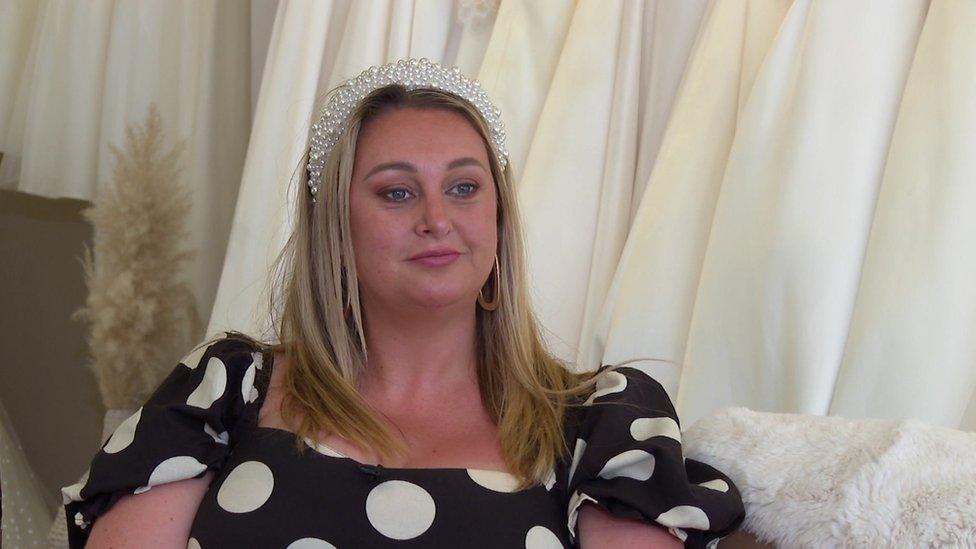
Jessica Ricketts said she has suffered regular haemorrhaging which left her anaemic, but felt unheard.

BAFTA CYMRU NOMINEES: Celebrate the best of the BBC

'I don't really feel like I'm being fully listened to'
When Jessica Ricketts first experienced sudden clotting, aged 24, she was told it was probably a miscarriage. But it took five appointments before she was referred for an ultrasound, to learn she had a fibroid.
From that point on she suffered "really serious symptoms and a lot of blood loss" with regular haemorrhages for the next two years, leaving her anaemic.
"I would need to keep an extra pair of clothes in work, in case I had the haemorrhage in work," said the 35-year-old from Barry, in the Vale of Glamorgan.
"I was once in the car park on my way into work and I had a huge haemorrhage and was taken off in an ambulance.
"I was covered in blood up to my chest and down to my feet. It was really scary."
Ten years on she's been told it's endometriosis, but conflicting diagnoses over the years have left her mistrustful.
"I've always felt like I'm hypochondriac. I know it's very common for women who suffer like me to feel like that because you're always complaining of something. There's so many different symptoms. One day you feel sick, the next day you feel something else.
"So when you say these things to a consultant I feel like a lot of the time it's played down. I don't really feel like I'm being fully listened to."
Ms Roberts added: "Traditionally women's health has really been thought of as women's reproductive health and it's so, so important that women's health is looked at as exactly that - the health of women.
"The way that we understand diseases and conditions is very much modelled around the male experience, and so the female experience is pushed to "the other"."
The Welsh government said: "The health minister has published a new quality statement setting out what is expected of the NHS in Wales in relation to all aspects of women's health. We have also launched a survey asking women for their views and opinions about their health, which will help inform a women's health plan to be published later this year. We have received thousands of responses so far."
It said it was committed to ensuring research programmes and activities were aligned to addressing the need for evidence of gender inequalities and women's health. It also wanted to create a Welsh women's research fund to address gender equality in health.
More on this story in a special Walescast on women's health on BBC One Wales, Wednesday 28 September, 22:40 BST, and afterwards on BBC Sounds and iPlayer.
- Published7 November 2024
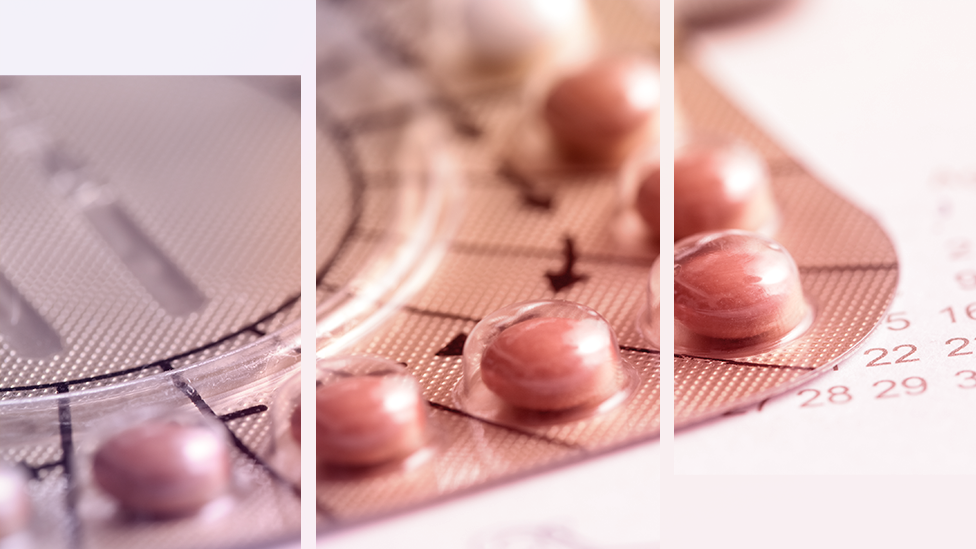
- Published28 August 2022
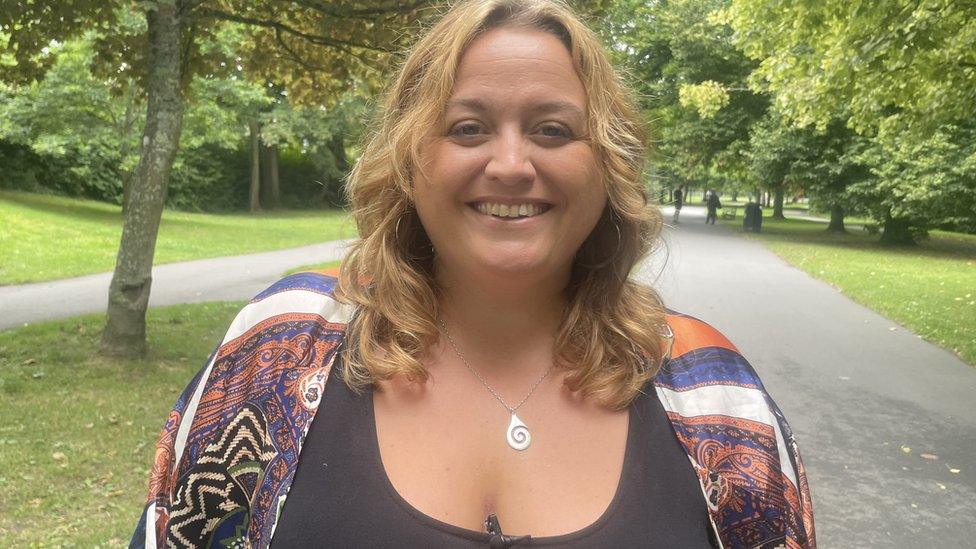
- Published13 July 2022
